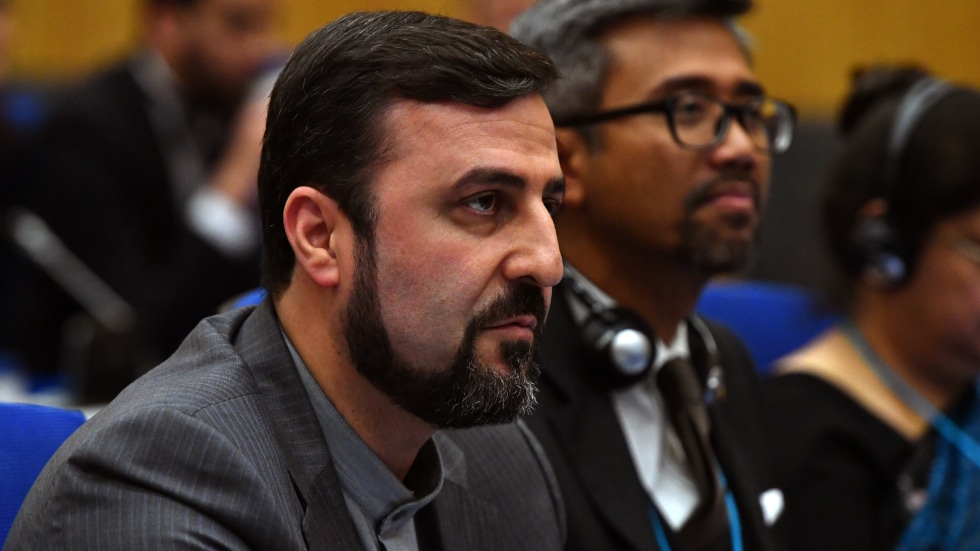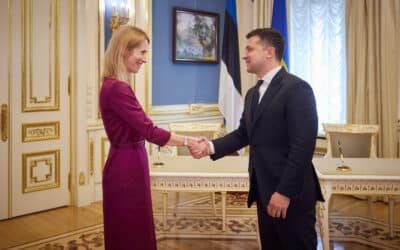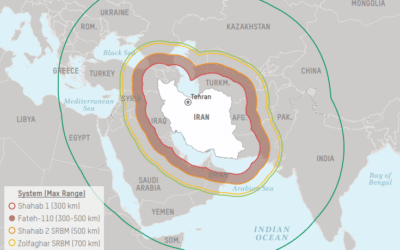A senior Iranian official explained that the Islamic Republic could leave the Non-Proliferation Treaty if the Europeans move to reimpose UN sanctions on Tehran.
Iranian Deputy Foreign Minister Kazem Gharibabadi told reporters that if “snapback” sanctions were reimposed, Iran would retaliate, including potentially by leaving the NPT. Under the treaty, non-nuclear weapons states agree to limit their nuclear programs to civilian purposes. Israel has an undeclared nuclear weapons program and is not a party to the NPT.
Under the 2015 Iran nuclear deal, the JCPOA, Tehran agreed to limit its civilian nuclear program in exchange for the removal of UN, US and EU sanctions. A “snapback” mechanism was included in the deal that would allow those parties to reimpose those sanctions should Iran violate the agreement.
However, President Donald Trump tore up the deal in 2018, withdrawing from the agreement and reimposing US sanctions on Tehran, which had been found compliant with the JCPOA up until that point. Trump is now demanding that the European parties to the agreement – the UK, France, and Germany – trigger their snapback sanctions.
Gharibabadi is part of the Iranian team currently negotiating with the Europeans to prevent renewed sanctions. While Tehran has previously threatened to withdraw from the NPT in response to Israeli or American aggression, the Iranian diplomat explained that he was “quite confident that if the snapback is triggered, Iran will not show more restraint in this regard.”
He added that Tehran did not plan to develop nuclear weapons. “Iran’s policies have not been changed after the aggression; we are even more determined to pursue our policies,” Gharibabadi said.
Between April and June, the US and Iran held five rounds of talks aimed at establishing a new nuclear agreement. Tehran reports that the negotiations were making significant progress until Israel attacked Iran on June 13, scuttling the sixth round of talks.
Gharibabadi said his country would resume the dialogue “tomorrow” if Washington agreed to certain principles from the outset, but insisted Iran would not give up its capacity to enrich uranium for its energy program.

































